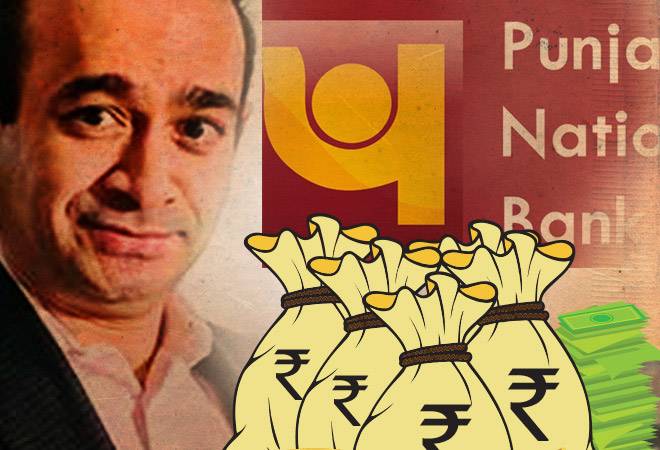Facing criticism from opposition for not being able to stop the PNB fraud accused Nirav Modi from escaping the country, the Cabinet on Thursday approved the Fugitive Economic Offenders Bill that enables confiscation of assets without conviction in cases where economic offenders flee the country.
The bill, which deals with those fleeing overseas to avoid getting caught, aims to provide an “effective, expeditious and constitutionally permissible deterrent to ensure that such actions are curbed” and steps can be taken against the culprit.
Speaking to media after cabinet’s nod to the bill, Finance Minister Arun Jaitley said, “the bill will be introduced in the upcoming session of Parliament.”
“The fugitive bill is for the fugitive who escapes the country,” Jaitley added.
The provisions of the bill will apply for economic offenders who refuse to return. Persons against whom an arrest warrant has been issued for a scheduled offence as well as wilful bank loan defaulters with outstanding over Rs 100 crore.
It provides for confiscating assets even without conviction and paying off lenders by selling off the fugitive’s properties. Such economic offenders will be tried under prevention of money laundering act.
The Bill
The Fugitive Economic Offenders Bill 2017 was first mentioned by Finance Minister Arun Jaitley in his Budget speech in 2017-18, against the backdrop of bringing back Vijay Mallya, who owes over Rs 9,000 crore in the Kingfisher Airlines fraud case.
The minister, while introducing the details of the Bill, had said: “In the recent past, there have been instances of big time offenders, including economic offenders, fleeing the country to escape the reach of law. We have to ensure that the law is allowed to take its own course. Government is therefore considering introduction of legislative changes, or even a new law, to confiscate the assets of such persons located within the country, till they submit to the jurisdiction of the appropriate legal forum.”
The Highlights
The Bill primarily empowers the government and investigating agencies to confiscate property and assets of economic offenders and defaulters who flee India.
It covers a wide range of offences, including wilful loan defaults, cheating and forgery, forged or fraudulent document of electronic records, duty evasion, non-repayment of deposits and others.
The Bill also proposes setting up of a “Special Court” under the Prevention of Money Laundering Act, which will declare a person a “fugitive economic offender”.
Who is an economic offender
The Bill defines a fugitive economic offender as a person who has an arrest warrant issued regarding a scheduled offence but leaves or has left India so as to avoid criminal prosecution.
Under the Bill, the offenders will get only six weeks to comply. As per the Bill, cases where the total value involved is Rs 100 crore or more will be tried and referred to the court.
“The Bill certainly attempts to take stringent measures to tackle the issue which has been looming large until now. The Bill seeks to become an umbrella legislation incorporating various provisions of existing laws catering to such offences,” says Indrani Lahiri, Principal Associate, Kochhar & Co. in Delhi.
Existing laws
The current law framework allows the Enforcement Directorate to seize the property and assets of an accused as per the rules under the Prevention of Money Laundering Act. But the existing laws do not allow complete “non-conviction” based asset attachment without any encumbrances.
The existing laws under which economic offenders are tried include Securitisation and Reconstruction of Financial Assets and Enforcement of Security Interest Act, 2002, (Sarfaesi), Recovery of Debts Due to Banks and Financial Institutions Act, 1993, and Insolvency and Bankruptcy Code.
The Law
Once both the houses pass the bill, the new legislation will empower investigating agencies to confiscate any property of the absconding offenders without any encumbrances.
Under the Law, the offender will be “disentitled” from bringing forward or defending any civil claim. It will also prevent the offender, if he returns to India, from reclaiming any property.
Talking about the loopholes and gaps in the tabled Bill, Lahiri says, “Section 7(3) of the Bill envisages that an attachment will continue for a period of 180 days from the date of the order of such attachment – which may not be sufficient time frame in such cases.”


